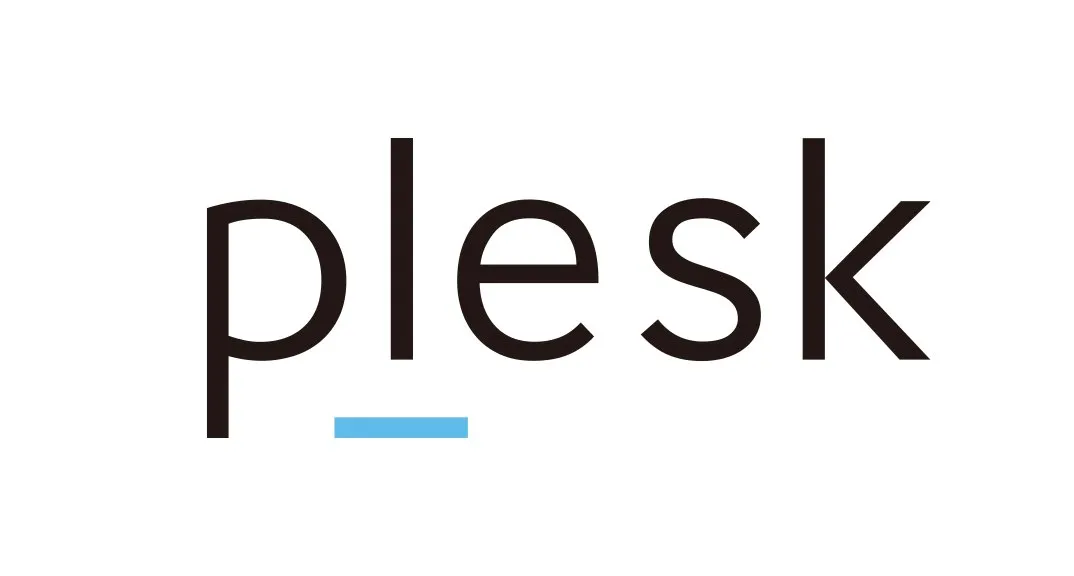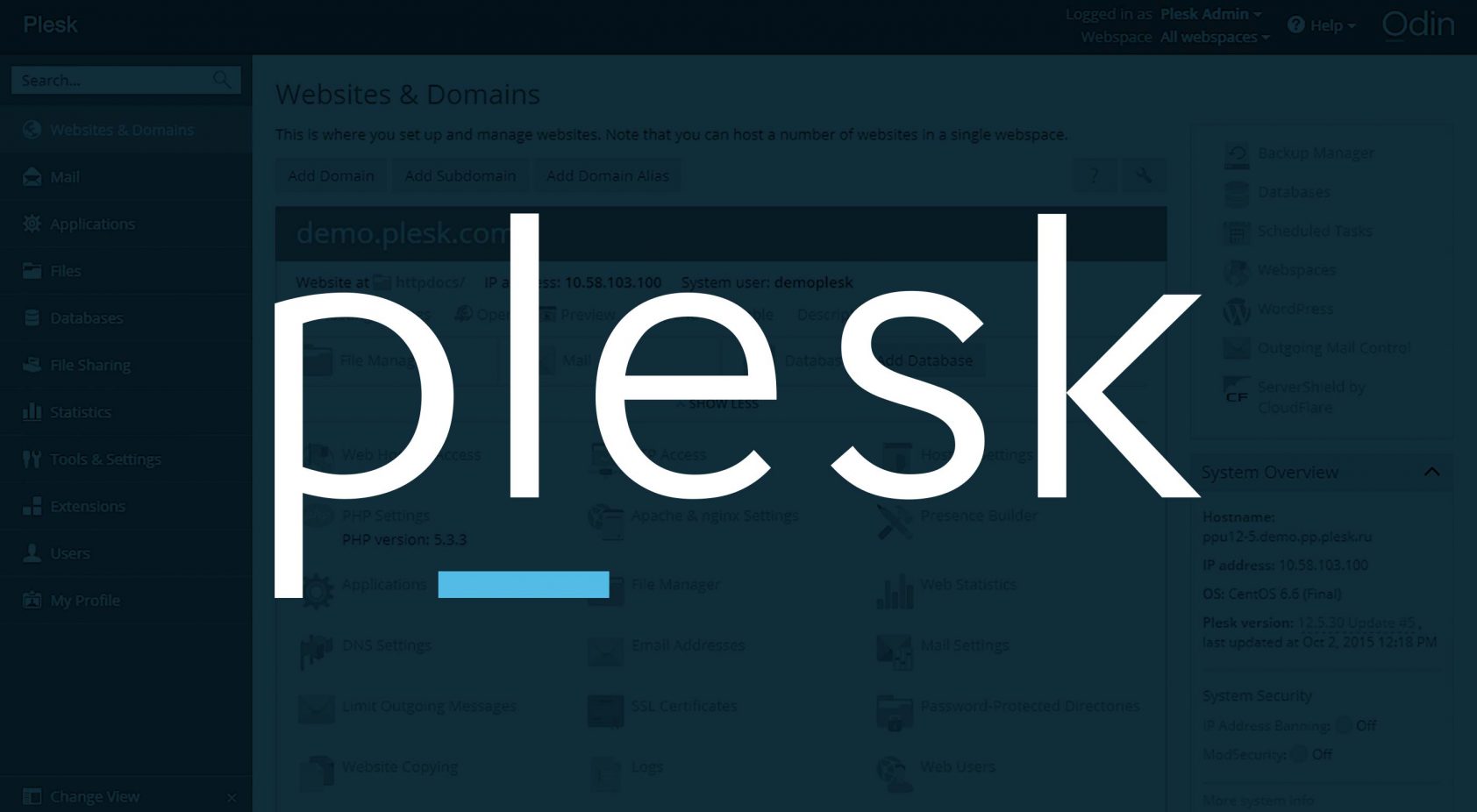Plesk Panel offers a comprehensive set of tools for managing server security, including a firewall management feature that allows users to define and enforce security rules. Firewall management is crucial for protecting servers from unauthorized access, malicious attacks, and other security threats. In this article, we will explore how to effectively manage firewall settings and security rules in Plesk Panel.
Understanding the Firewall in Plesk:
Plesk Panel utilizes the built-in firewall management tool, which enables users to configure and manage firewall rules directly from the Plesk interface. The firewall provides a barrier between the server and external networks, allowing administrators to control incoming and outgoing traffic based on predefined rules.
Accessing Firewall Management:
To access firewall management in Plesk Panel, log in to the Plesk interface as an administrator and navigate to the “Tools & Settings” section. From there, locate and click on the “Firewall” option under the “Security” tab. This will open the firewall management interface, where you can view and modify firewall settings.
Configuring Firewall Rules:
In the firewall management interface, users can create custom rules to allow or block specific types of traffic. Rules can be defined based on various criteria, including source IP address, destination port, protocol type, and more. It is essential to carefully define firewall rules to ensure that legitimate traffic is allowed while unauthorized access attempts are blocked.

Enforcing Security Policies:
In addition to creating custom firewall rules, Plesk Panel offers predefined security policies that users can apply to their servers. These security policies include recommended firewall rulesets tailored to common use cases, such as web hosting, mail hosting, and database hosting. Users can select and apply the appropriate security policy based on their server’s configuration and requirements.
Monitoring Firewall Activity:
Plesk Panel provides tools for monitoring firewall activity and auditing security events. Users can view logs to track incoming and outgoing traffic, identify potential security threats, and troubleshoot network issues. Regularly reviewing firewall logs is essential for maintaining server security and identifying any suspicious activity.
Updating Firewall Rules:
Server environments are constantly evolving, and security threats are continually emerging. Therefore, it is essential to regularly review and update firewall rules to adapt to changing security requirements. Plesk Panel allows users to modify existing rules, add new rules, or remove obsolete rules as needed to ensure optimal server security.
Conclusion:
Firewall management is a critical aspect of server security, and Plesk Panel provides robust tools for configuring and managing firewall rules effectively. By understanding how to utilize the firewall management feature in Plesk, users can enhance the security of their servers and protect against various security threats. Regularly reviewing firewall settings, monitoring firewall activity, and updating security policies are essential practices for maintaining server security in Plesk Panel.
Share this article


